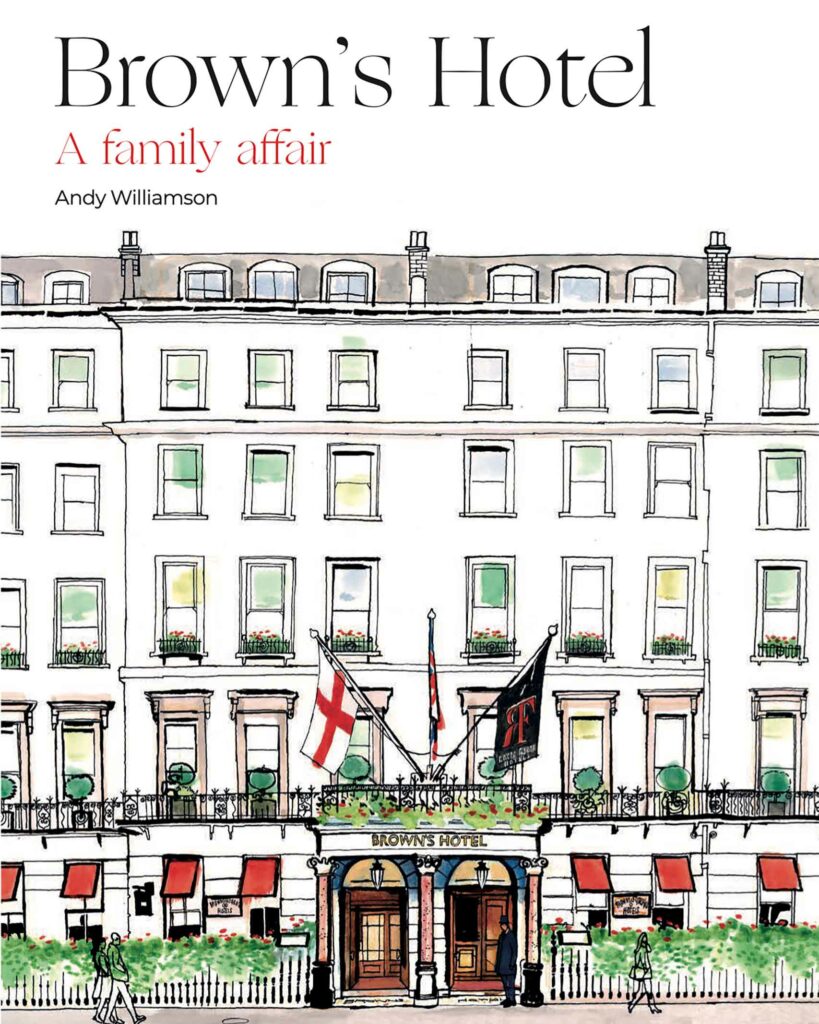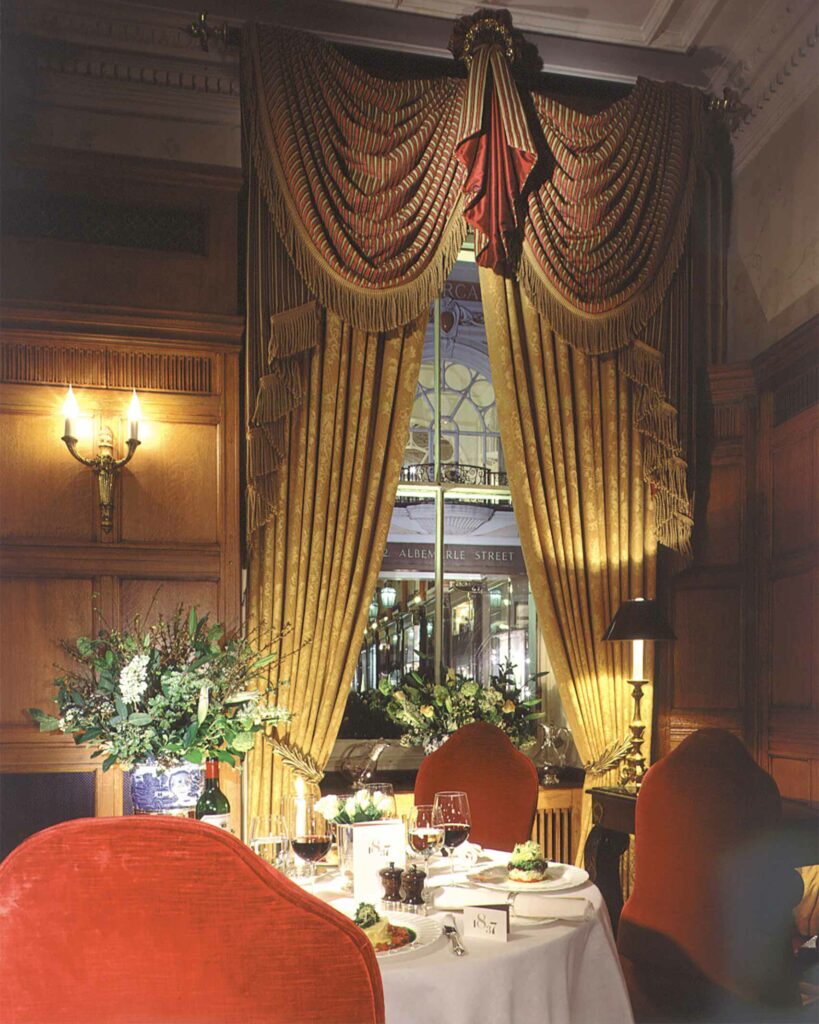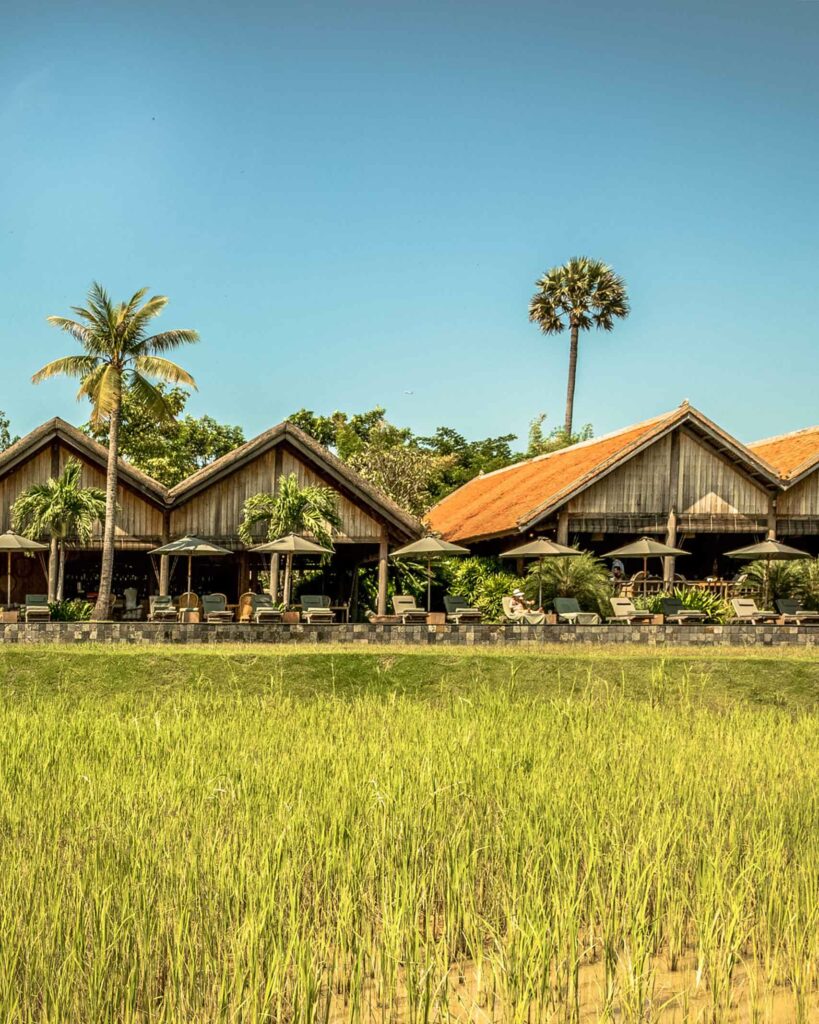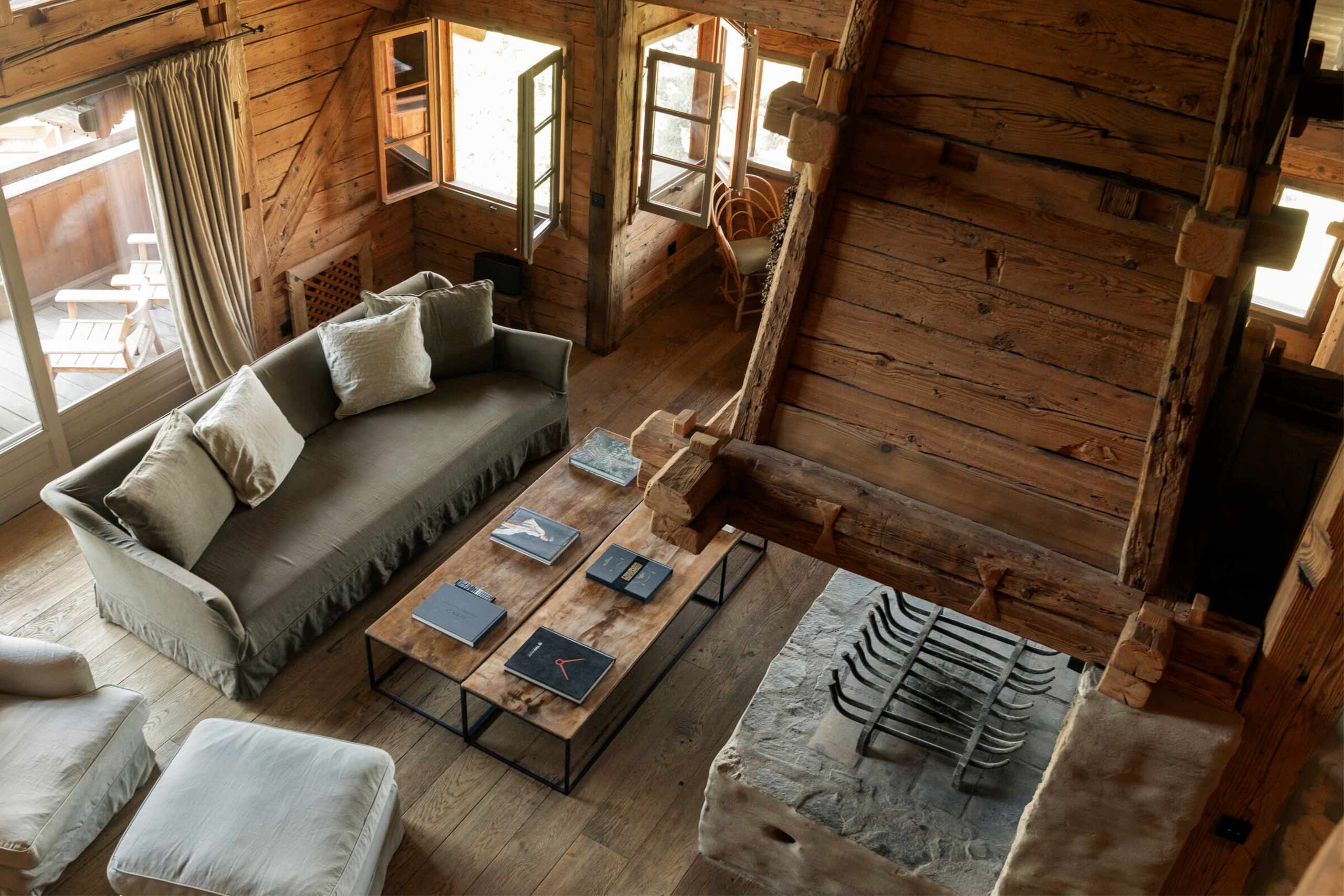Jorge Luis Borges once remarked, ‘I have always imagined that paradise will be a kind of library’. If the celebrated scribe was still alive, we’re pretty certain he’d be thrilled, as this year has already seen the release of several innovative and thought-provoking novels. There’s no denying the role printed works have played in the shaping of society and the individual, and just as literal travel transports our bodies, armchair travel books have the power to transport our minds to distant places, enriching our lives with new perspectives and experiences…
Our ability to visualise worlds is perhaps one of our most endearing qualities as Homo sapiens, and anybody who picks up a classic novel can instantly whisk themselves off to a completely new sphere full of incredible possibilities. Whether it’s one inhabited by the unconventional ideas of the titular teacher in Muriel Spark’s The Prime of Miss Jean Brodie, the array of eccentric characters in a Charles Dicken’s tale, or the 1960-1970’s machinations of the East End gangster Harry Starks, in Jake Arnott’s The Long Firm. So it’s not just bibliophiles who get excited by obtaining another title, merely due to the appearance of the dust jacket or the touch and smell of the paper – any individual willing to go on a journey defined by words, paragraphs and chapters might also be so enthused.
As technology has kept up its rapid advancement, many have predicted the demise of books. After all, nowadays, there are a plethora of electronic entities that could serve to make them redundant or, at least, function as distractions. These encompass the internet and smartphones, their assorted services and applications, including gaming and social media, and most latterly, virtual reality in all of its guises. Nonetheless, according to a 2020 YouGov poll, 60% of Brits still read physical editions even though they can be perused in eBook and audio formats. If you ask us, it’s rather refreshing that people continue to consume said works in a traditional manner, especially as the print versions have various advantages: they’re easier on the eyes, as one doesn’t have to look at any type of screen; from an environmental perspective, they don’t require batteries and are recyclable; and also, significantly, several recent studies have shown information is retained better when observed in this fashion. Additionally, it’s just more personable: totally cutting oneself off with only a novel as a companion, is a unique, blissful way to reach new horizons.






In fact, for us, this is the sole approach to enjoy a great yarn whatever the genre: from the domestic fiction of Evelyn Waugh’s Brideshead Revisited, to William Golding’s allegorical Lord of the Flies, and Brett Easton Ellis’s transgressive satire, American Psycho. And pleasingly, when it comes to prose, the number of different areas where the mind can wander and experiment seems infinite. For instance, stories could be set during a famous historical period or event, as with Philippa Gregory’s The Other Boleyn Girl or Hilary Mantel’s Wolf Hall. In our view, although both are noticeably make-believe, such narratives can pique our curiosity as we wonder about the major figures or happenings depicted – in these cases Henry VIII and his court, which might inspire some research into the subject matter. And when novels are set abroad, like Joan Lindsay’s ethereal epic Picnic at Hanging Rock, detailing a group of missing schoolgirls, or V.S. Naipaul’s drama concerning the continual struggles of the principal protagonist, A House for Mr Biswas, it’s akin to discovering the envisaged land through the thoughts and actions of the main characters.
Yet moving through far-flung shores vicariously is perhaps extra potent when flipping through the pages of travel books. For example, in Bruce Chatwin’s creative nonfiction account of trekking around ‘the uttermost part of the earth’ in In Patagonia, one truly lives and breathes the glinting rivers, bone-white cliffs, and general sense of isolation.
Since being drawn into a novel means the physical barriers of what a human body can achieve are eliminated, exhilaratingly, our consciousness has the opportunity to visit anywhere: beneath the Earth’s crust, in Jules Verne’s Journey to the Center of the Earth; alien worlds, as described by Frank Herbert’s legendary space saga, Dune; and even the future, if a dystopian one, in Anthony Burgess’s iconic A Clockwork Orange.
Throughout history, narratives have been published in which a core theme goes against the status quo, frequently by challenging existing taboos. Case in point, in the 1980s, Alice Walker’s The Color Purple in relation to sexism; in 1960, Harper Lee’s To Kill a Mockingbird drew attention to racism; and Maurice, by E. M. Forster, tackled homosexuality (meaning it was released posthumously in 1971 on its author’s instructions, despite being written almost 60 years earlier). We believe that reading these types of novels is a journey everybody should attempt, as they can increase the chance of learning about and understanding a (still often controversial) topic that might not be too familiar, and hopefully engender empathy. More specifically, when the non-straight community absorbs literature depicting others like themselves, including the LGBTQ+ titles gradually hitting the stores throughout 2024, knowing they’re not alone and that their culture has a long history could make them feel less isolated, alienated, and disenfranchised.
So, though we love hopping on a superyacht or jetting off to a far-flung destination in search of an exquisite adventure, just as rewarding of an experience can be had purely with the mind, if you kick off those slippers, tuck yourself in with a nightcap, and feast on a good book…
Editor’s note:
In the ever-expanding world of travel literature, a few noteworthy additions for book lovers and armchair travellers to look out for this year include ‘Brown’s Hotel: A Family Affair‘ by historian Andy Williamson. It’s a riveting exploration of one of London’s oldest existing hotels (and one of our favourites), brimming with drama and glamour unearthed from its archives. Meanwhile, ‘Zannier Hotels: A Journey Through Style, People and Experiences‘ presents a visual odyssey celebrating the brand’s distinctive properties and private estates across Europe, Africa, and Asia, and OnePlate’s ‘Brunch in London‘ offers a collection of 100 recipes from the city’s most beloved brunch spots (from The Savoy’s strawberry pancakes to Claridges’ vanilla brioche). Each copy sold aids in funding sustainable food security for children across the Philippines, Cambodia, Kenya, Rwanda, Tanzania and Uganda. Bon appetit!
Photography and art courtesy of Rocco Forte Hotels, Zannier Hotels and OnePlate






